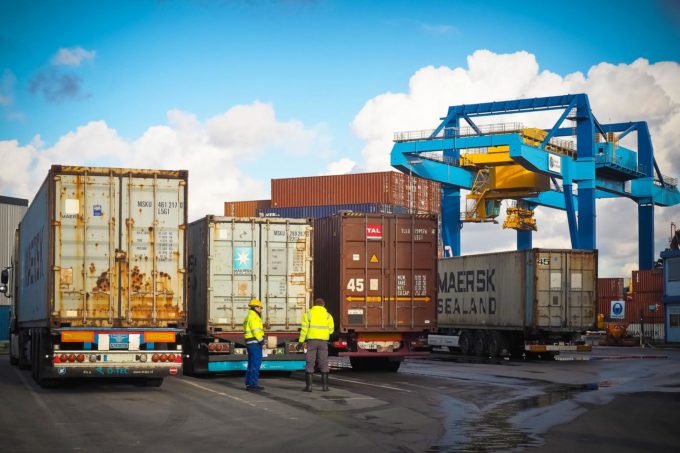
When it comes to bringing product into the United States (importing) from a foreign country, there are a lot of customs brokers and courier services that will get this done for you. But beware, they don’t always do it the correctly and you, as the importer, are responsible regardless of who you have hired to assist.
Every company is responsible for import compliance, the process that ensures your import activities comply with the scope of U.S. rules and regulations.
So, what is the best way a company can ensure import trade compliance and do their due diligence? The best way to be compliant is to review the data the government agencies are receiving when it comes to your imports.
The best place to access a company’s import data is via the Automated Commercial Environment (ACE) Secure Data Portal. There are numerous reports available once you have access to the portal.
What can you determine using the ACE reports?
- What brokers have filed an import entry on your behalf?
- Do they have your permission via POA?
- Is anyone else using your company’s tax ID/IOR?
- Brokers could be using your identification for other business.
- What are your risk areas?
- Chapter 98 entries
- Special programs such as Free Trade Agreements, K provision
- Are there any imports with Harmonized Tariff Schedule (HTS) codes that are not part of your normal business?
- For example, your company deals with telecommunications, but the HTS shows pharmaceuticals.
- Are there any CF28’s or 29’s issued to your company that need a response?
- Where are imports coming from?
- Are there imports from countries that are not part of your normal business?
Reviewing and assessing the import data in ACE is a key component in ensuring that your imports are compliant. If you need assistance with your import compliance program, please contact ESI for a no-charge consultation today.
Janet Westadt is a Trade Compliance Specialist with Export Solutions – a firm specializing in U.S. import/export regulations.
